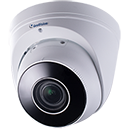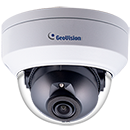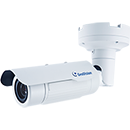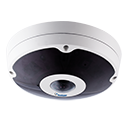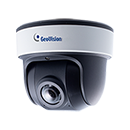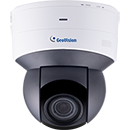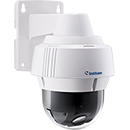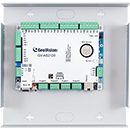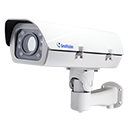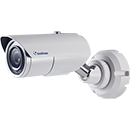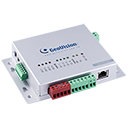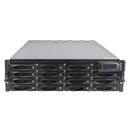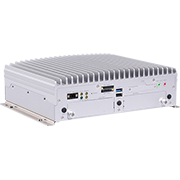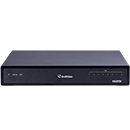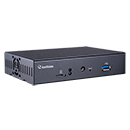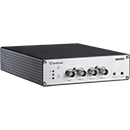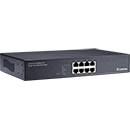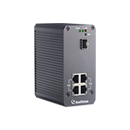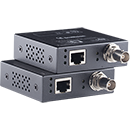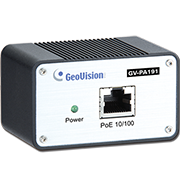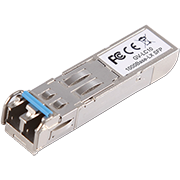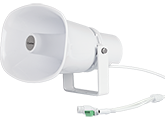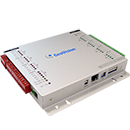
Next year, for the first time in the history of the Middle East, the world expo will be held in Dubai with a theme, “Connecting Minds, Creating Future”. The event is expected to give Dubai alone a $23 billion boost with developments across sectors like construction, transportation, and hospitality, among others. No doubt this is, directly and indirectly, having a massive impact on the security market as well. For most companies present in the region, growth has been a constant for the past several years.
And yet, as the decade draws to a close and the market pauses to reflect on what has already been done ahead of EXPO 2020 amid concerns on oil prices in a predominantly fossil-fuel dependent economy, there is a mild slowdown that’s being felt. And at least to some, this is not unexpected.
“We predicted an overall slowdown in the Middle East’s economy ahead of 2019 and, indeed, we’ve seen it slowing this year to its slowest growth in a decade,” Jamil Al Asfar, Senior Sales Manager at IDIS Middle East & Africa. “Oil remains a critical factor for the region and OPEC’s decision to reduce output is having a damping effect. In addition, more general global economic head-winds are also felt here as much as they are in other regions, so issues such as the escalation of the US-China trade war are also having a knock-on effect on GCC countries.”
The effects are being felt in the security industry, particularly where manufacturers and their integration partners are projects-focused, Al Asfar added. As the economy slows, organizations become more cautious about making investments and, without growth, there are fewer new facilities requiring security infrastructures such as access control and surveillance solutions.
1. The nature of the market cycle
As with every other market, there are certain factors that are unique to the business culture of the Middle East. These will definitely have an impact on the short-term growth figures, although they don’t entirely reflect on the overall progress. One such factor is the longer sales cycles in the region.
“The Middle East region generally experiences a longer sales cycle,” Bashar Al Zubaidi, Sales Director for Security in the Middle East at FLIR Systems. “Some of the regional factors resulting in a slower sales cycle include the slower release of payment and focus on civil work in the winter months. Additionally, the technology advancement in security has slowed. As a result, some decision-makers are waiting for the introduction of more game-changing solutions before they purchase new equipment.”
Mark Horton, Founder and Director of The Plena Group, who has worked in the Middle East security sector for over ten years and has been a keen observer of market trends, points out that these slowdowns are cyclic and should be expected.
“I feel that the Middle East security market continues to grow but at a slower rate than previously seen,” Horton said. “I think this is indicative of the market taking a cautious approach to the current economic climate and regional security situation. Buyers are more focused on the whole life cost of deployed security measures and ensuring that they have a value-engineered solution.
There is still a significant investment in traditional sectors such as airports, seaports, military, and homeland security and I do not believe these verticals have slowed. However, there is potentially a slowdown in the retail and built environment sectors.”
2. Regional differences impacting growth
Despite the sentiments mentioned above, there are several solution providers and consultants who do not see any significant slowdown in the market.
Mustafa Masri, Principal Security Consultant at DSP Consultants, said that he does not see any slowdown in the Middle East, especially in the GCC region, adding that the demand for enhancing and implementing the physical and cybersecurity measures continues to go up. Security design regulations and laws are also constantly being updated made more and more stringent.
Nassim Abu Yousef, VP for the Middle East at ASSA ABLOY Opening Solutions, also said that his company does not see any slowdown as they continue to invest more in the sector. However, he pointed out that the Middle East consists of quite a few countries and not all of them may grow at the same pace.
“Probably this feeling is based upon certain countries, as we are covering the whole Middle East region, we get to see a stagnant situation in one country while we see growth in another,” Yousef said. “Hence, as accumulative we see growth in the Middle East region as a whole. Additionally, we see more awareness from customers and consultants where they wish to have more secure access. New construction works have the major contribution but also for existing installations we see modernization and upgrading taking place that also contributes to growth.”
Source: a&s Magazine
